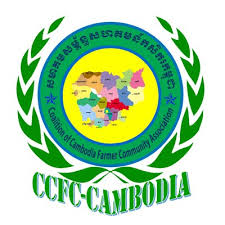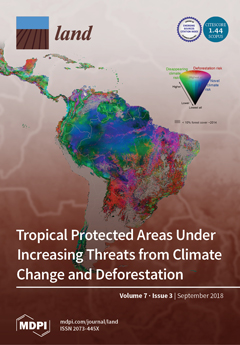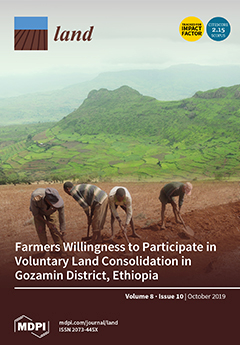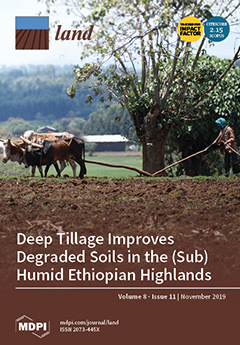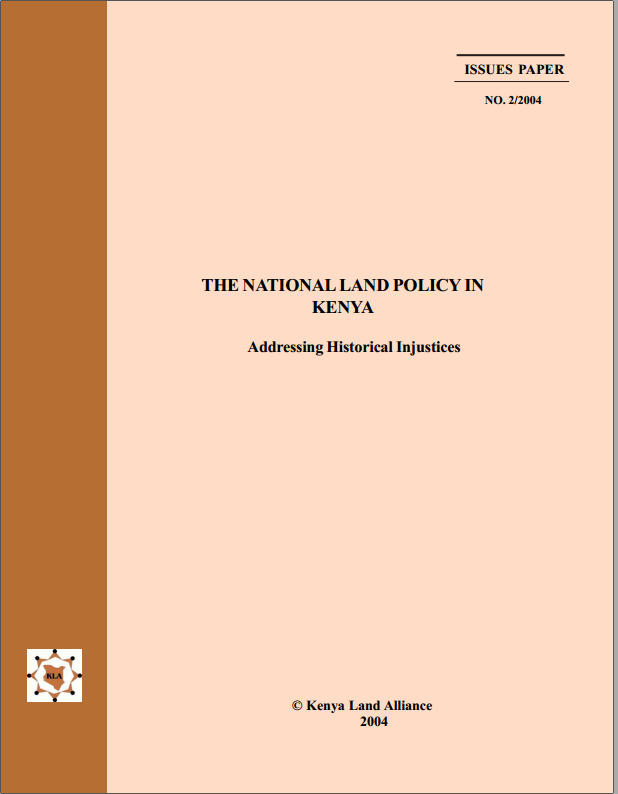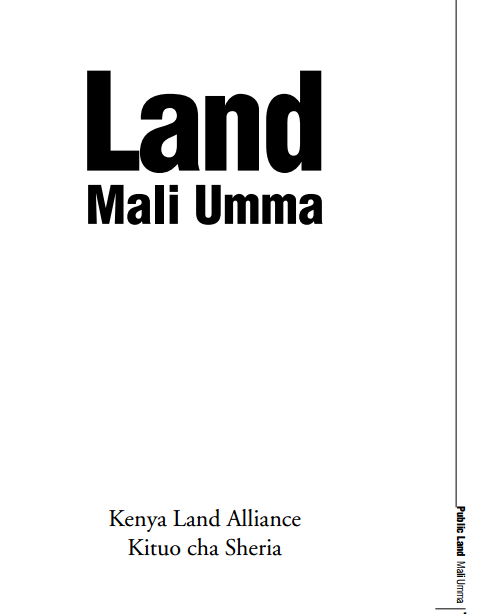Transgénicos en Sudamérica
* Elizabeth Bravo
En Sudamérica los primeros cultivos transgénicos a nivel comercial se empezaron a sembrar en suelo argentino el año 1996 usando semillas de soya transgénica (Soya RR). Casi simultáneamente se introdujeron de manera ilegal en el Estado de Rio Grande do Sul en Brasil y desde allí pasaron a Paraguay y Bolivia.


